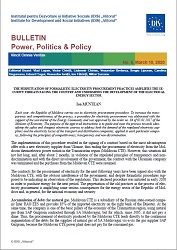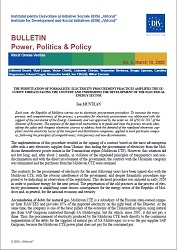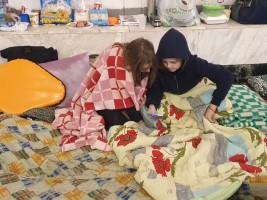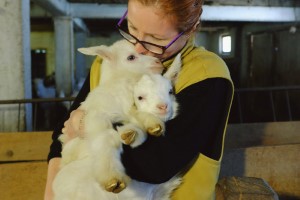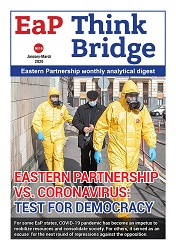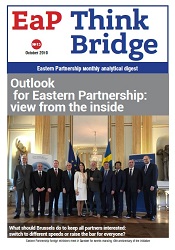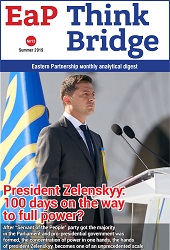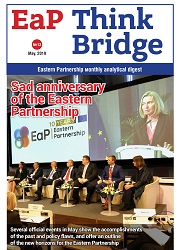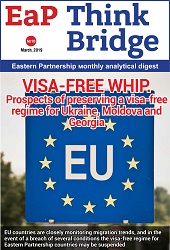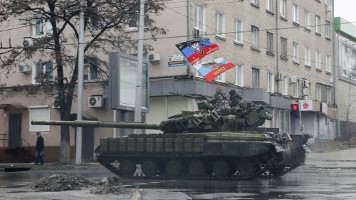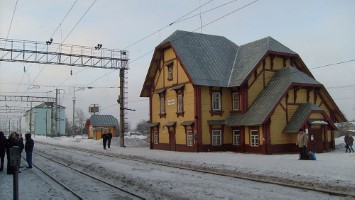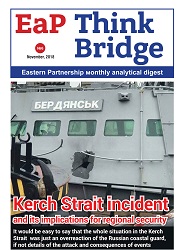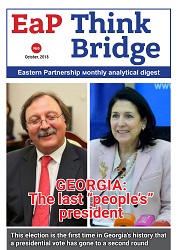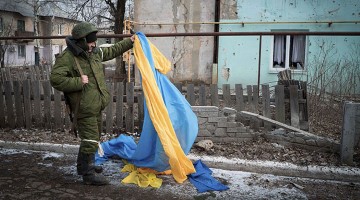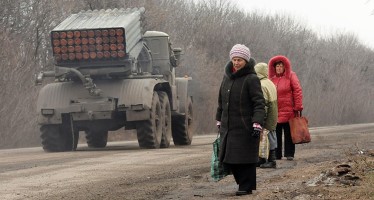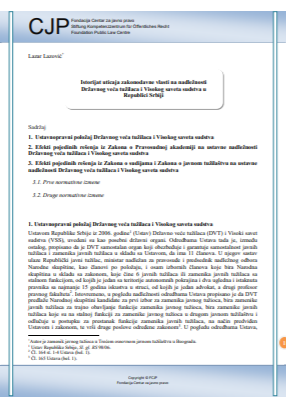
Istorijat uticaja zakonodavne vlasti na nadležnosti Državnog veća tužilaca i Visokog saveta sudstva u Republici Srbiji
The State Prosecutorial Council and the High Court Council were proscribed for the first time in the Constitutional Act from 2006. According to that legal act, they had dominant role in the process of election of new prosecutors and judges. These provisions were good base, and it seemed like the fundamental principles were made in that important field and that in future they will be improved in the way to minimize the political influences. In the meantime, the legislative authority made special intervenings, regarding the recruitment and appointment of new judges and prosecutors, in the Law on Judicial Academy, Law on Judges and Law on Public Prosecution Office. They destablized the constitutional jurisdiction of the State Prosecutorial Council and the High Court Council in the way that they tried to define the sort of candidates that had the exclusive right of access to the career of a judge or a prosecutors, and after that to establish privileges for one small group – the beneficiaries of initial trainings, that are organized by the Judicial Academy. The content of these legal attempts, concrete provisions, their influence on the process of selection the candidates of the most important judicial functions and the decisions of the Constitutional Court, which refer to this field are the analized in this paper.
More...
